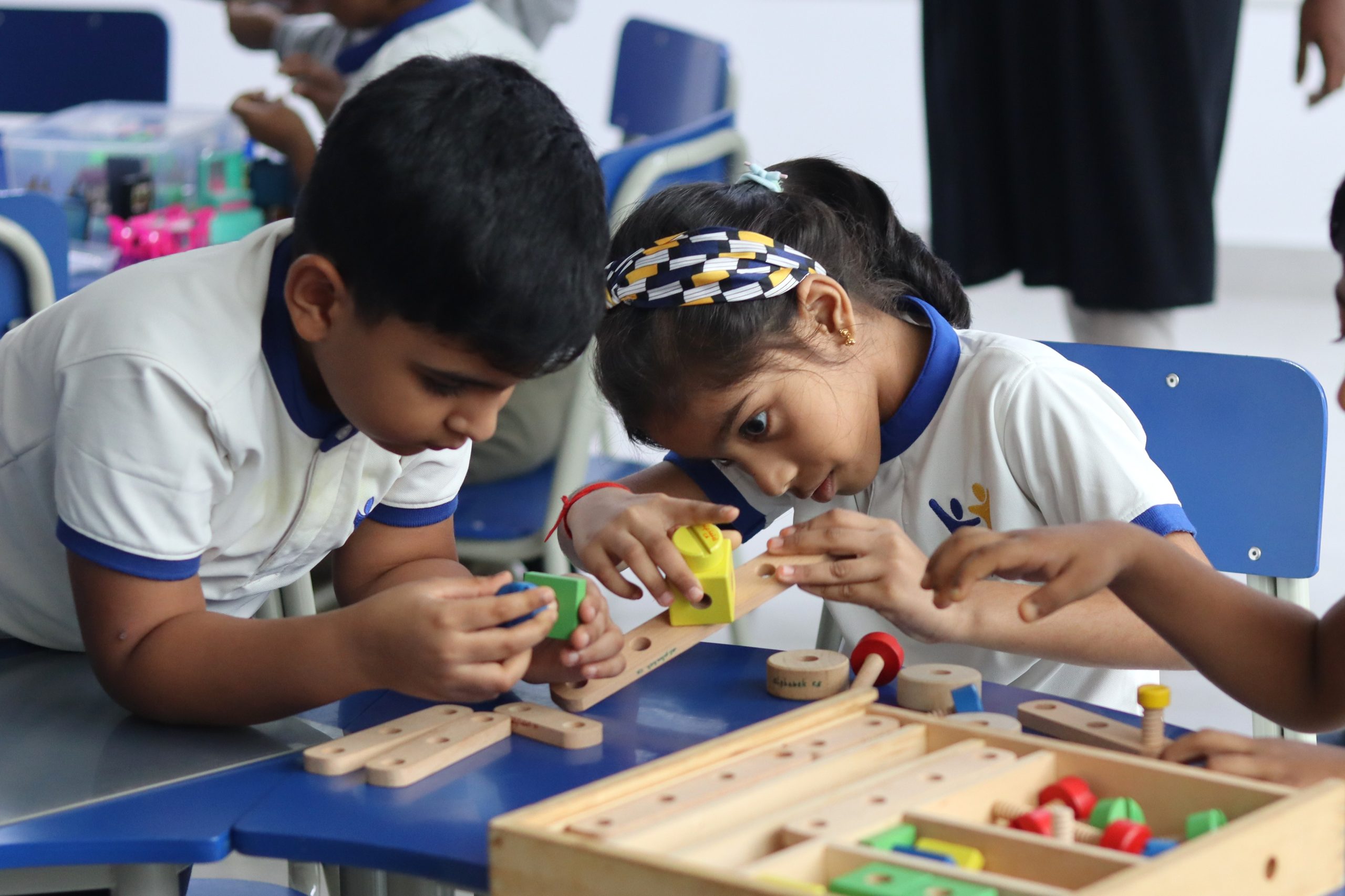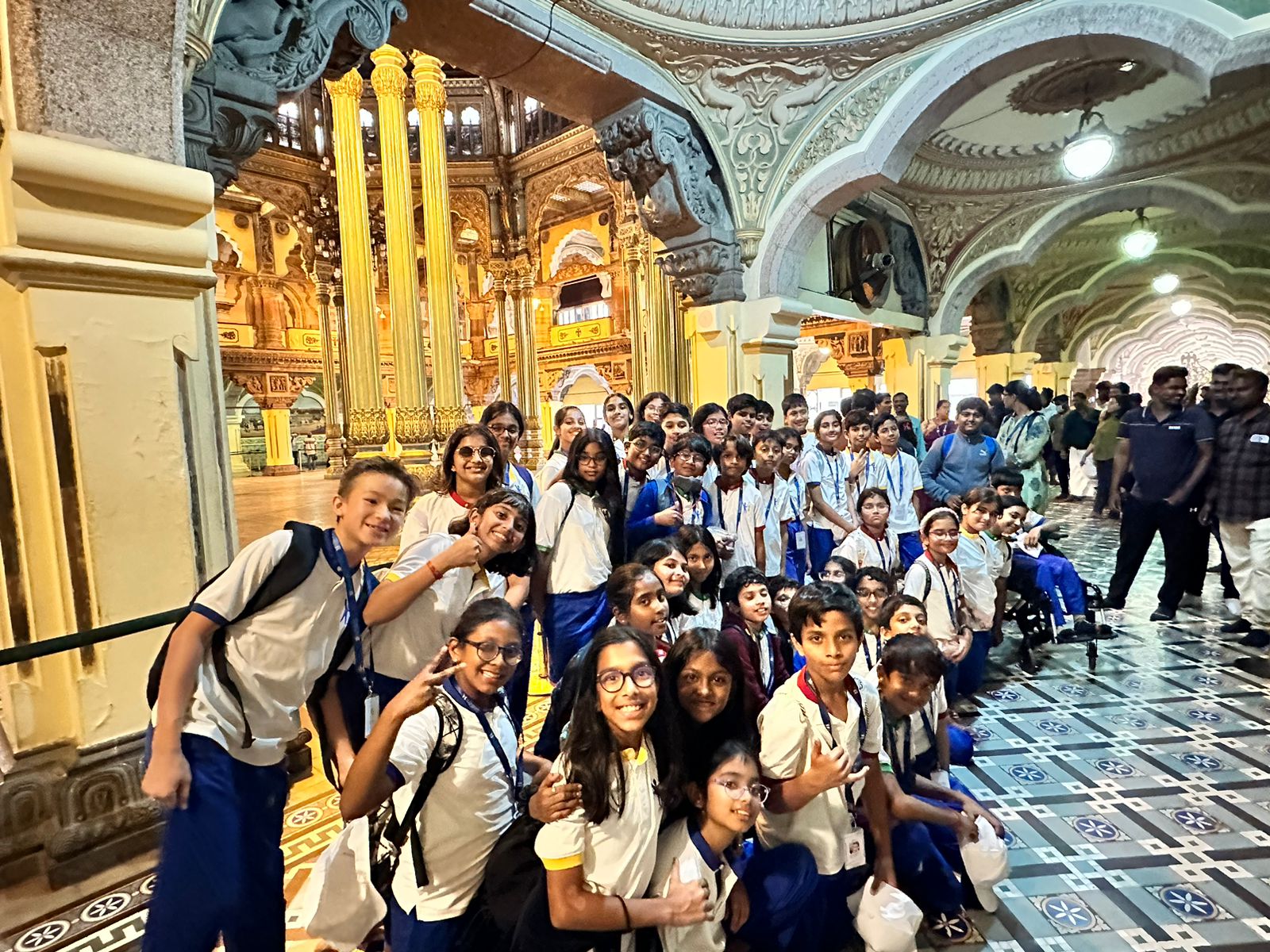If you’ve ever walked through an IB classroom or attended a school meeting, you’ve probably heard words like transdisciplinary learning, agency or international-mindedness. They sound impressive, but what do they mean for your child at aLphabet?
At aLphabet, we believe learning should be meaningful and accessible and not buried under complicated language. It is important that parents know how the IB principles guide what their child does and learns every day. So here’s a peek into some IB buzzwords with real examples of how they come alive right here on our campus.
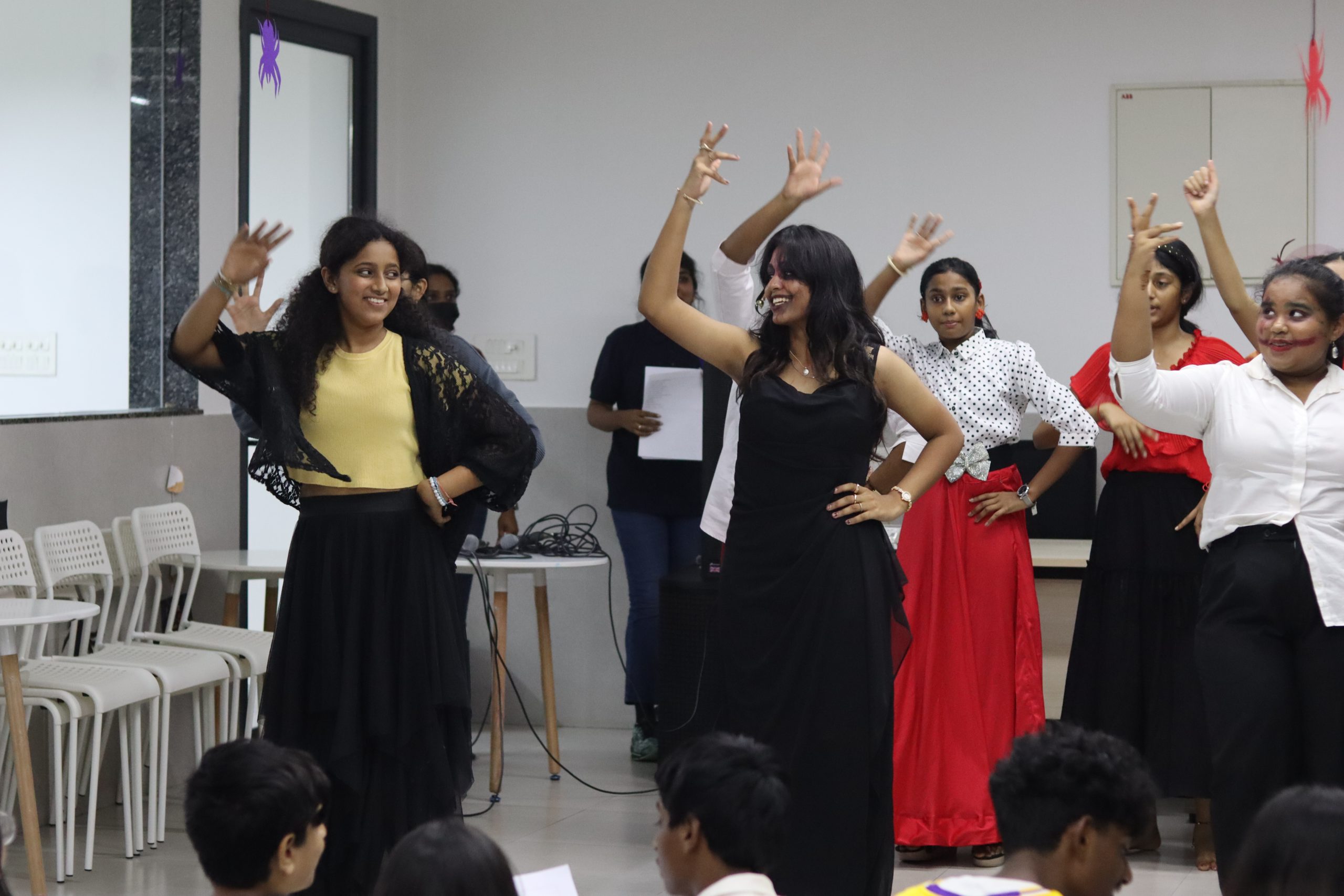
Transdisciplinary Learning: Where Subjects Meet Real Life
In many schools, subjects stay in separate boxes; Math is Math, Science is Science, but in the IB Primary Years Programme (PYP), we break those walls down.
For example, our students might explore how weather affects local communities through transdisciplinary learning; observing changes in our own Chennai climate, recording data in Math, writing reflections in Language and creating posters to spread awareness.
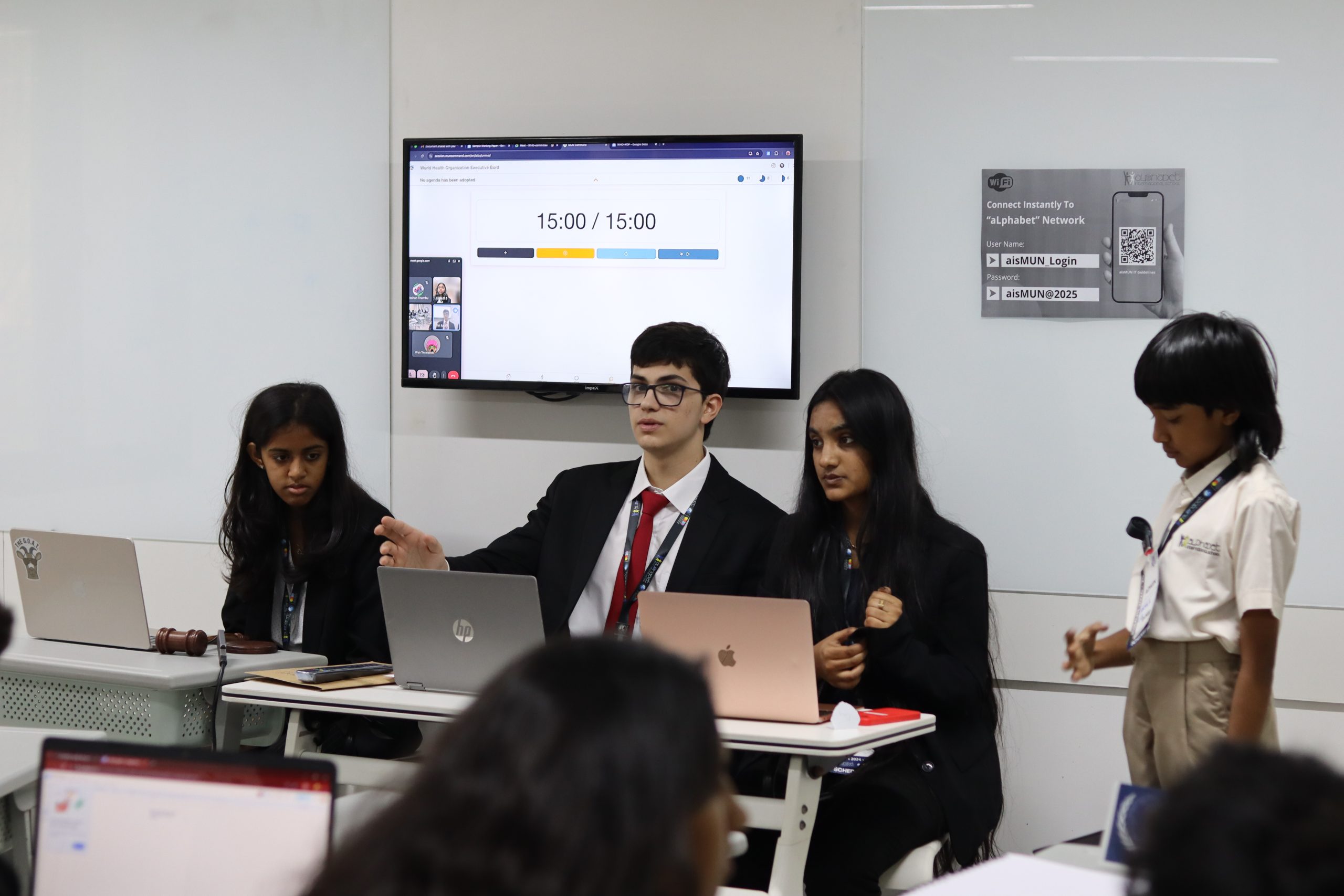
When ideas connect, students see that real learning isn’t about rote memory but about making sense of life beyond the classroom.
Agency: When Students Take the Lead
A key strength of learning at aLphabet is the trust we place in our students to take ownership of their educational journey.
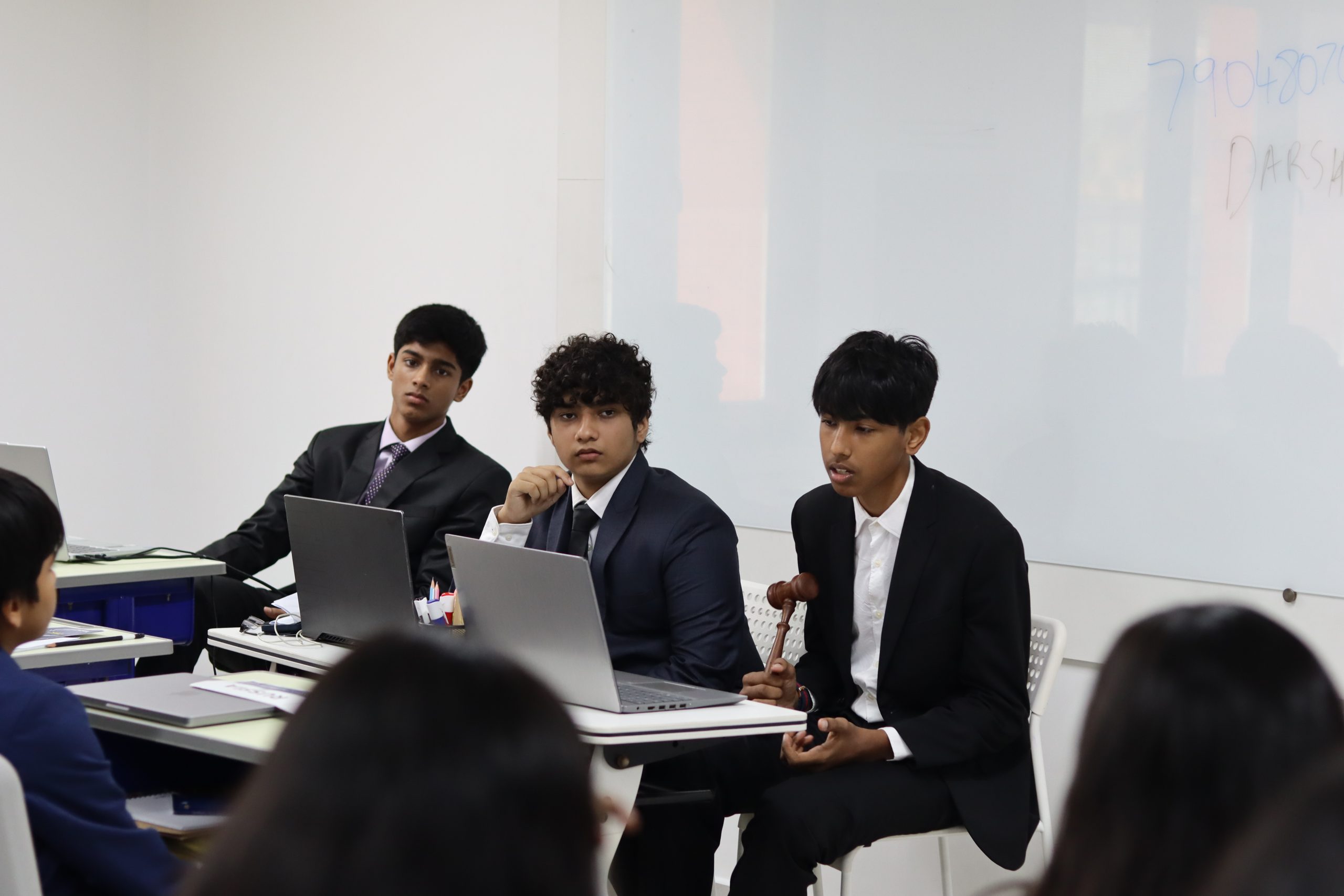
A lovely example of agency at aLphabet is seen during our Annual Day celebrations. Students who once sat quietly at the back of the classroom found the courage to step onto the stage, perform in front of a full audience and share their voices with pride.
From leading dance performances to delivering powerful speeches, our learners take charge of their roles and often help plan parts of the show too.
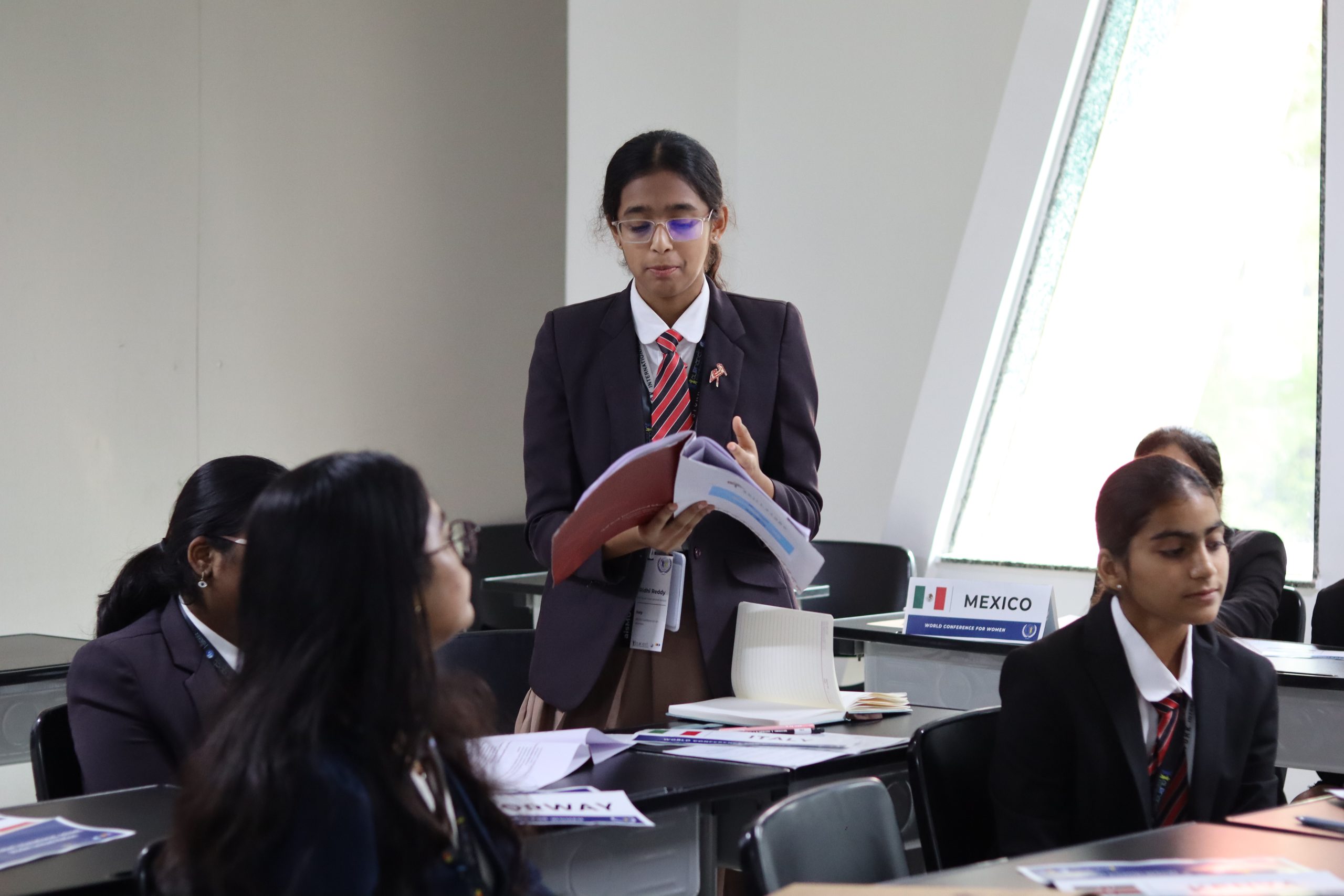
International-Mindedness: Seeing the World Through Many Eyes
At aLphabet, international-mindedness is more than a word; it’s woven into our daily life.
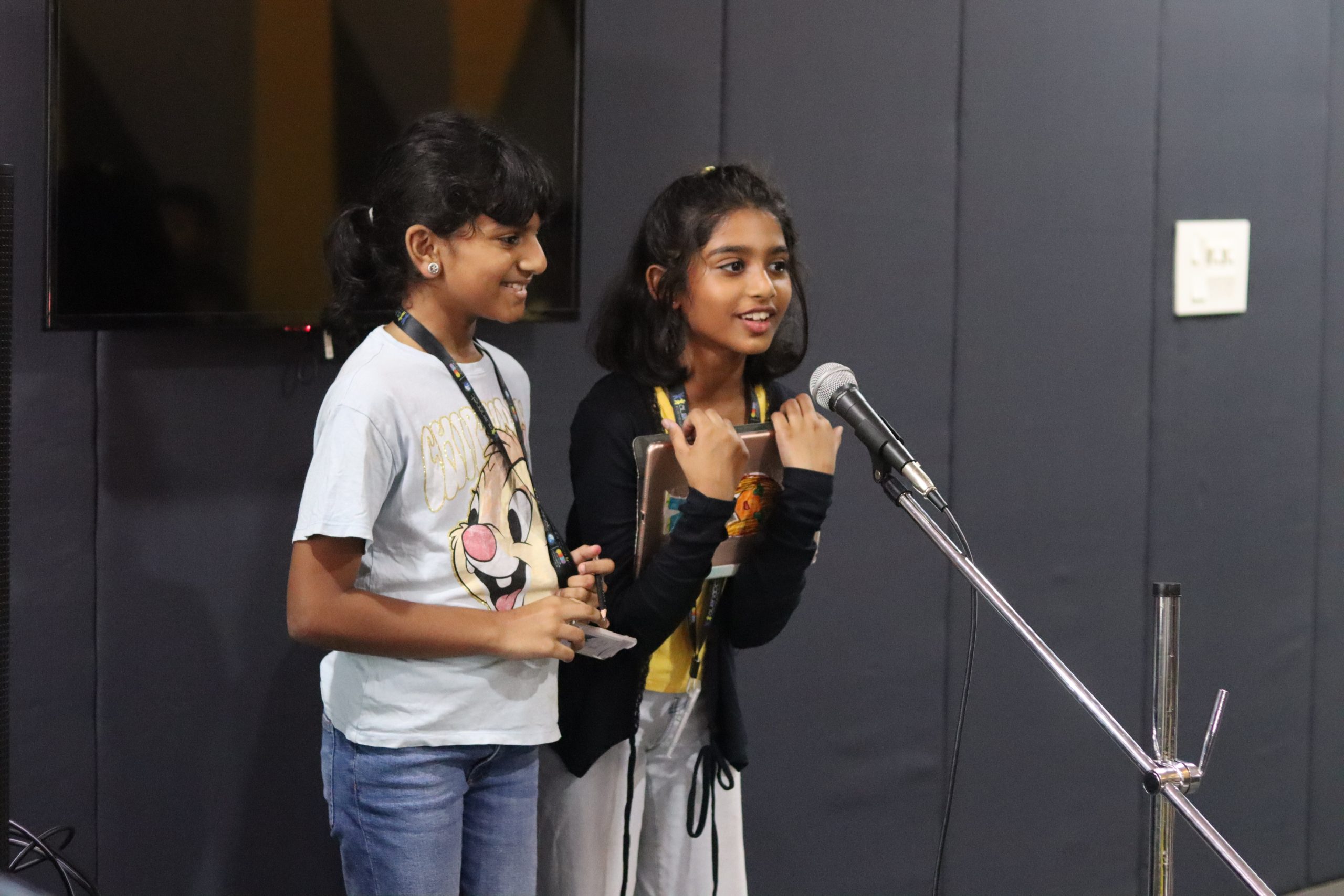
Our ‘Language Day’ brought students and teachers together to celebrate the richness of different mother tongues and cultures through stories, songs and costumes. ‘Diversity Week’, on the other hand, let the learners explore traditions and perspectives from around the globe.
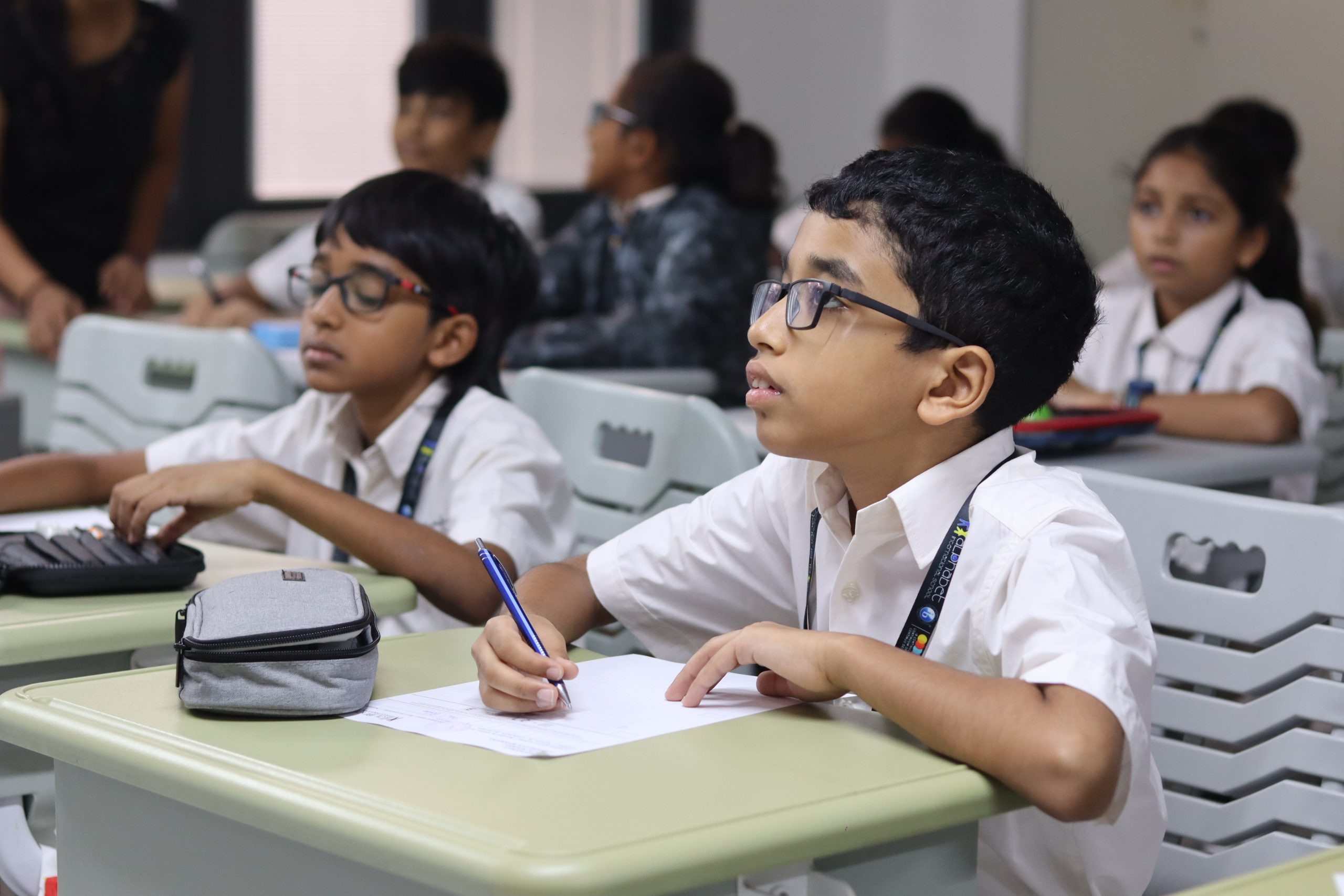
During aisMUN, our young delegates stepped into the shoes of global leaders, tackling real-world issues with empathy and diplomacy.
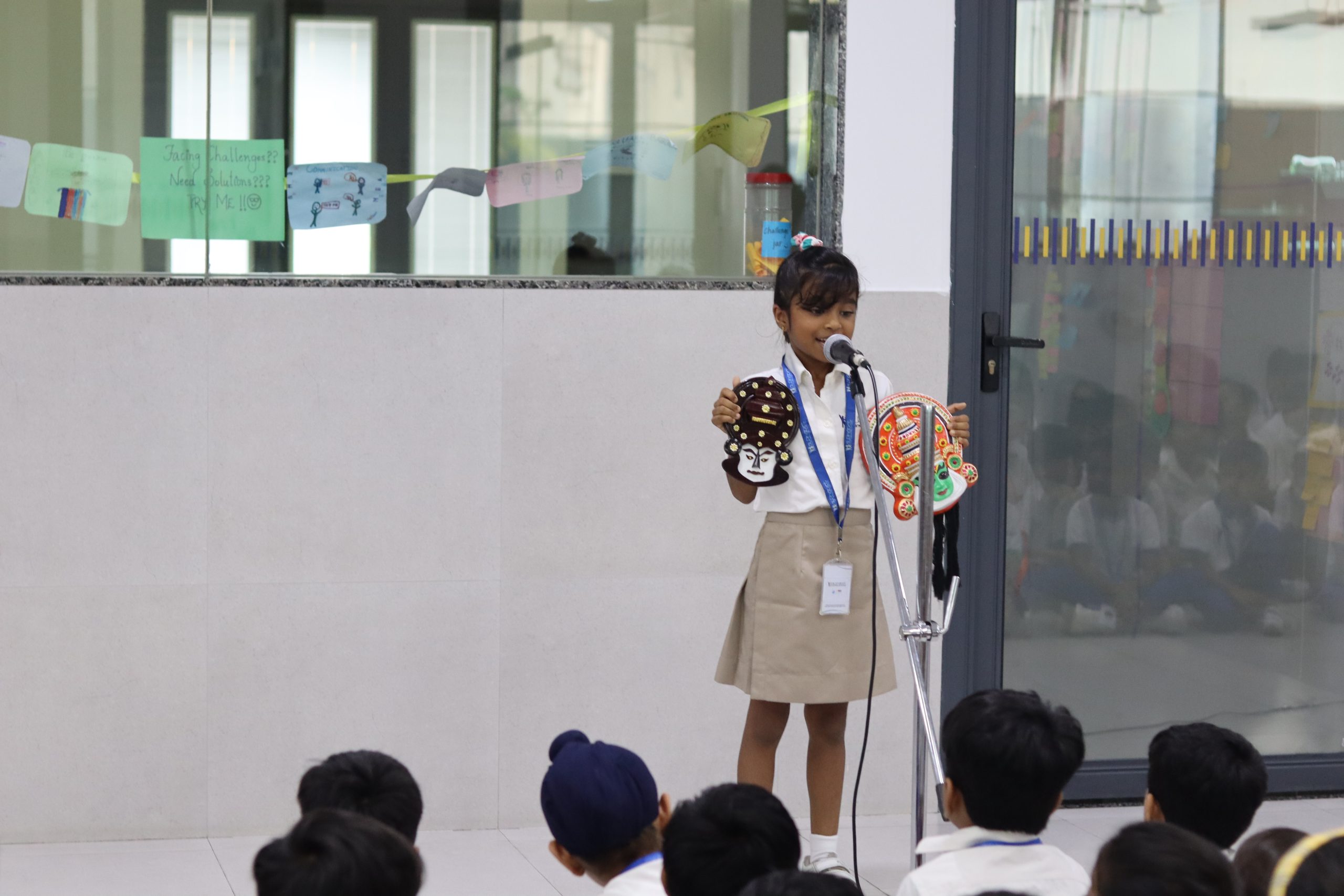
Inquiry: Curiosity Lights the Way
In IB learning, every idea is sparked by a question. Instead of rote learning, we encourage our students to wonder, inquire, and uncover knowledge independently.
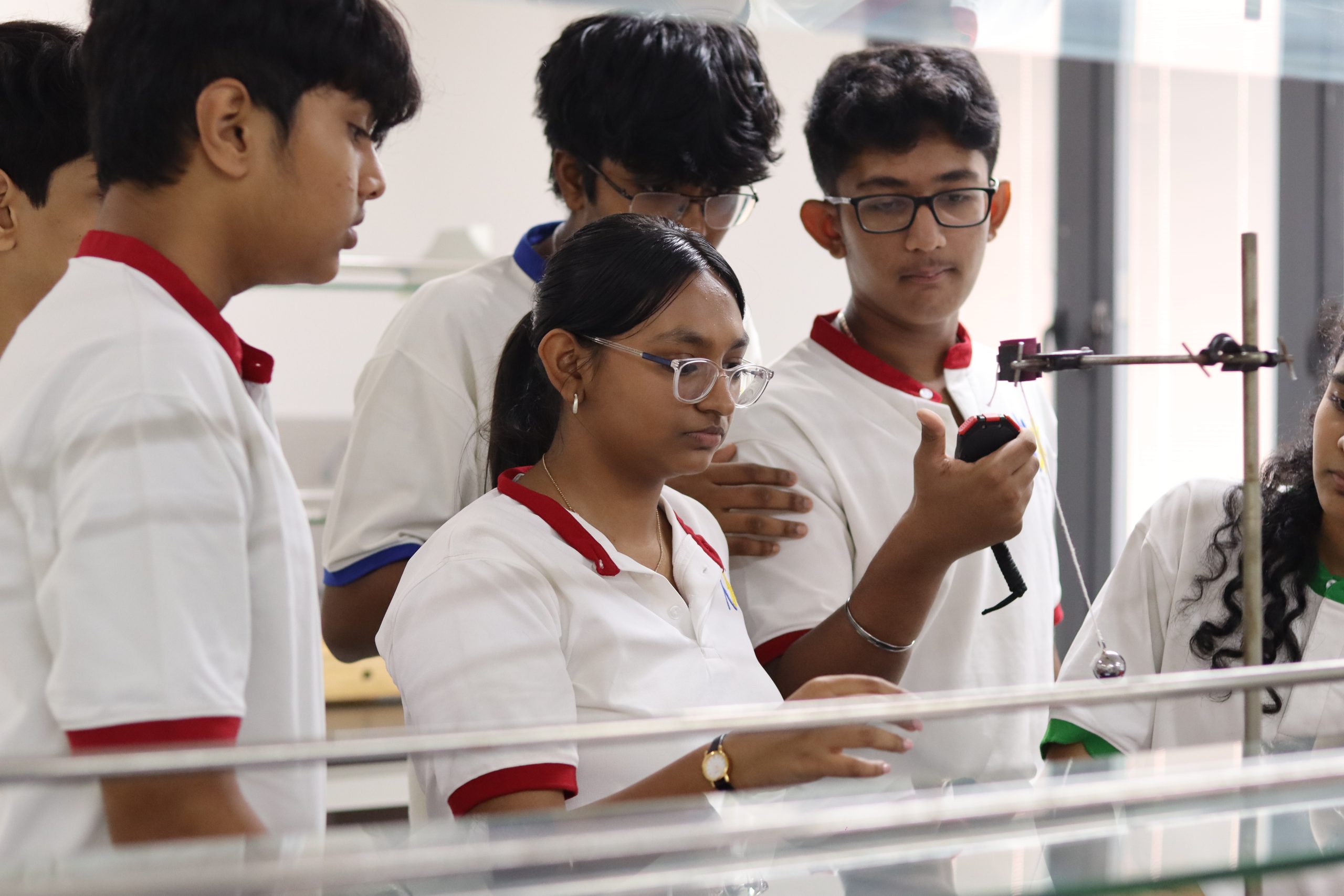
For instance, when exploring local resources or community helpers, students don’t just read about them, they investigate how things work, talk to people in the community and share their findings in creative ways.
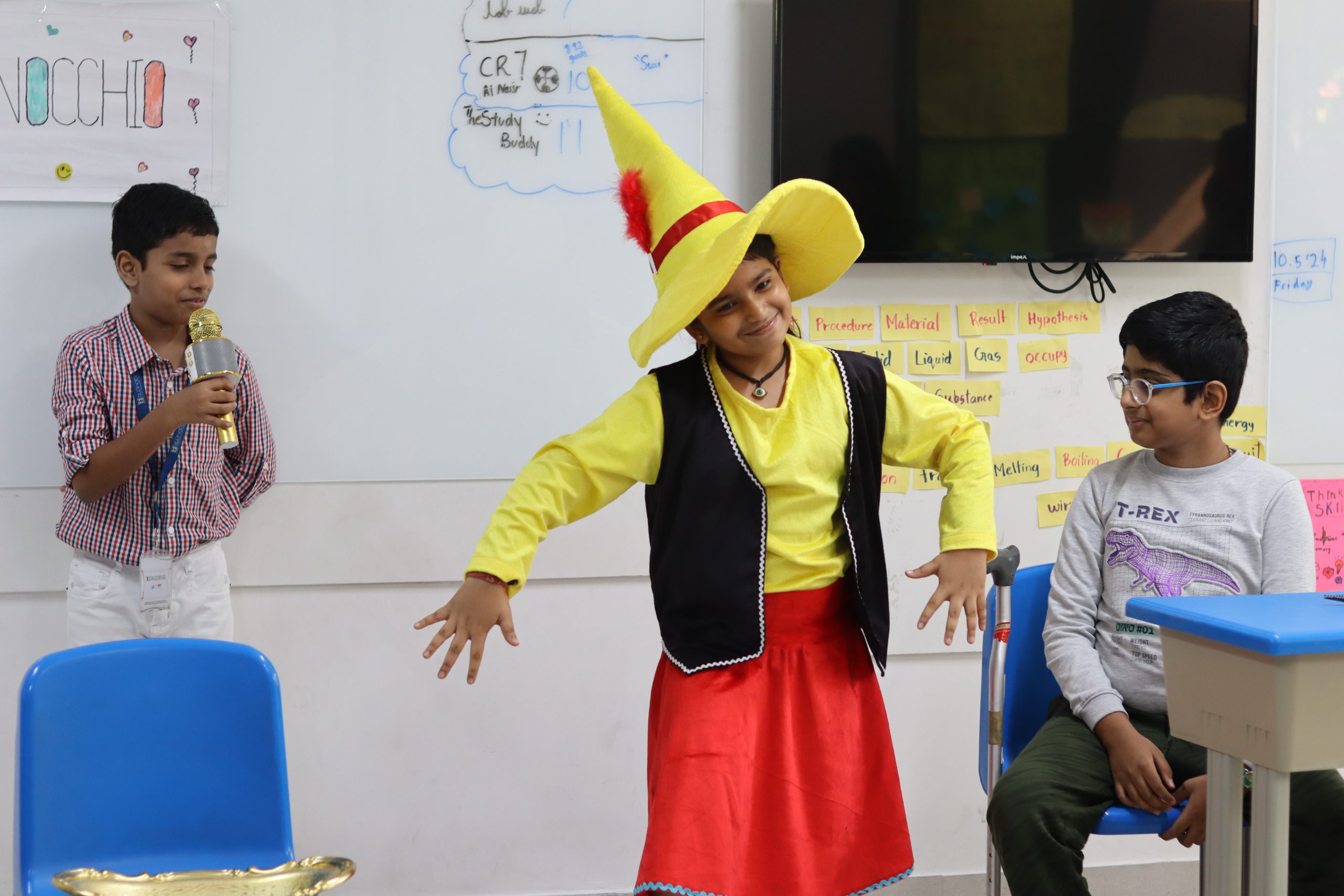
ATL Skills: How Children Learn to Learn
At aLphabet, we empower our students not just with knowledge but with the tools to seek and shape it themselves. This means students practise Approaches to Learning (ATL skills) every day.
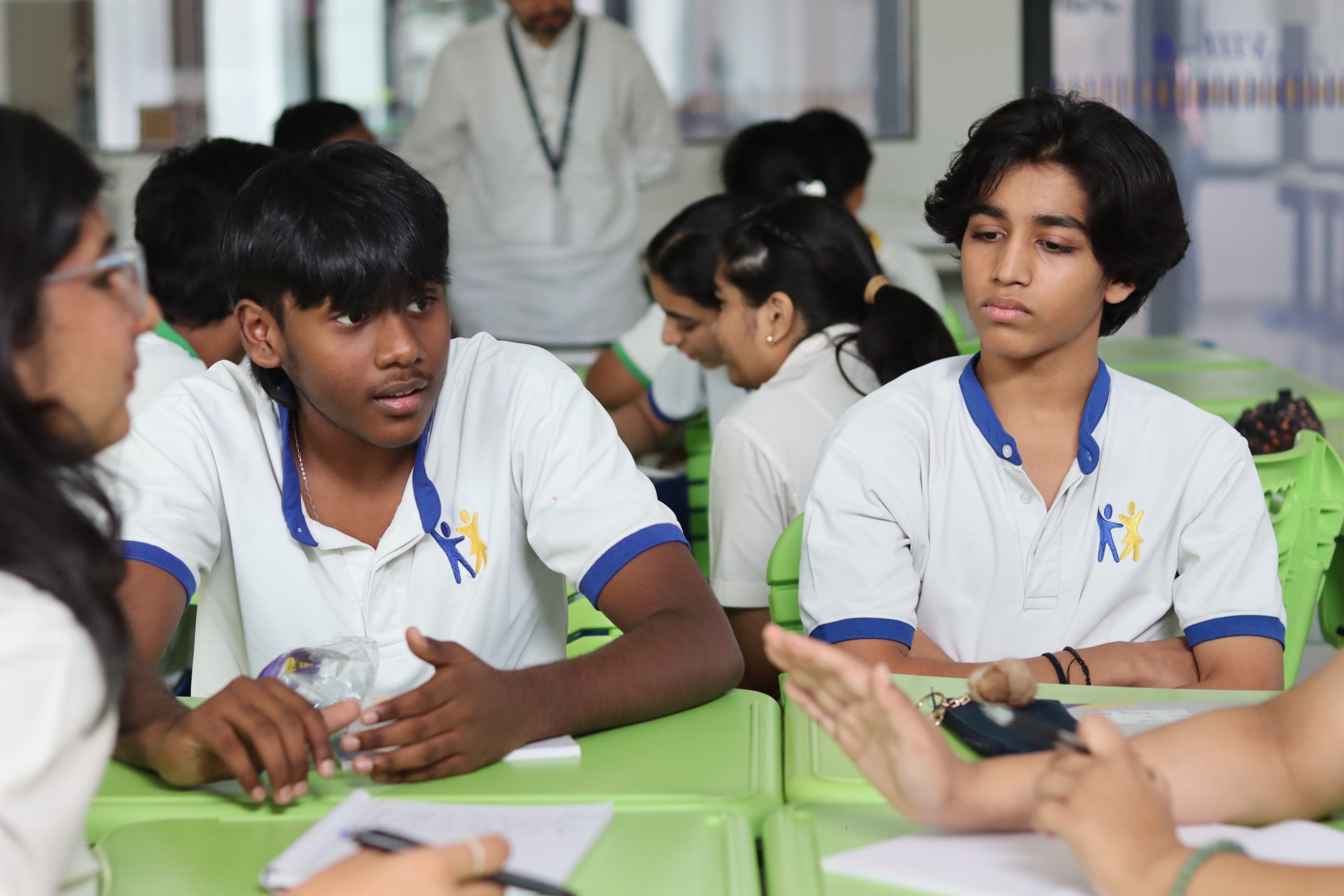
When students organise stalls at the school carnival aLphaFête, participate in group reflections during Diversity Week, or voice their views during aisMUN, they’re building communication, research, self-management and social skills.
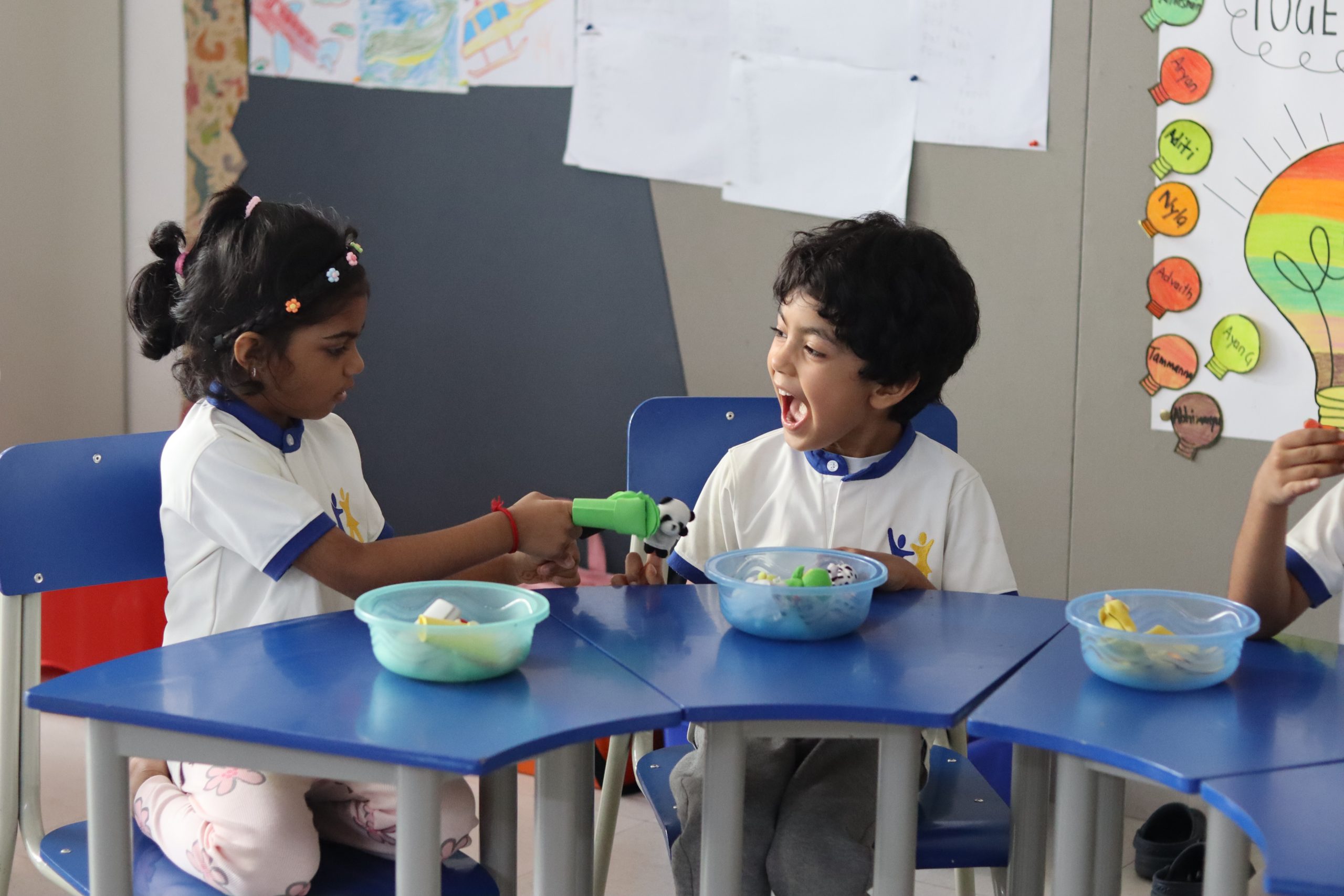
Learner Profile: The Quiet Superpowers
All these experiences help grow the IB Learner Profile, a set of 10 traits which include: Caring, Principled, Open-Minded and Risk-Taker.
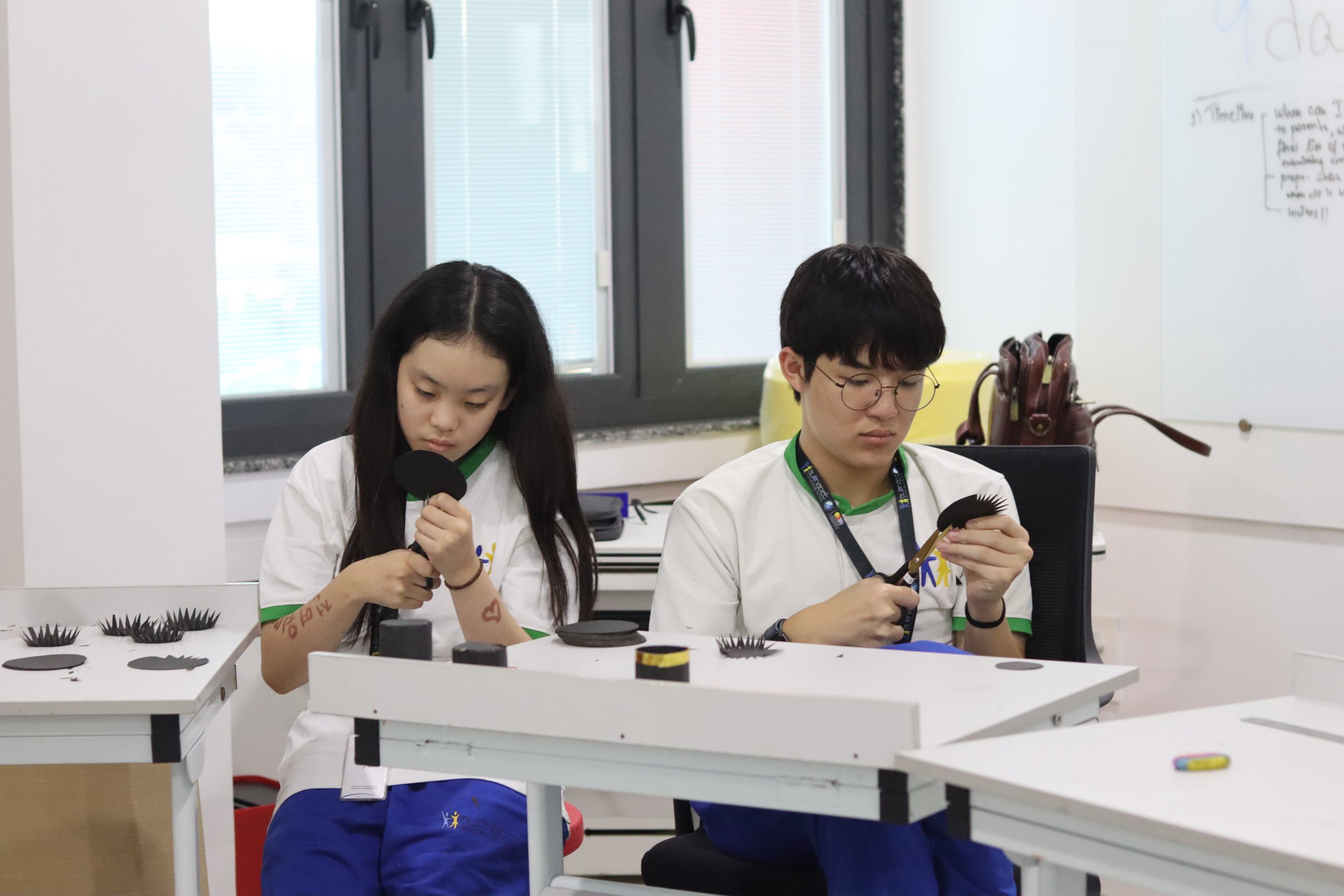
You can see these traits come alive when a shy child steps onto the Annual Day stage for the first time or when students run spirited campaigns for Student Council Elections.
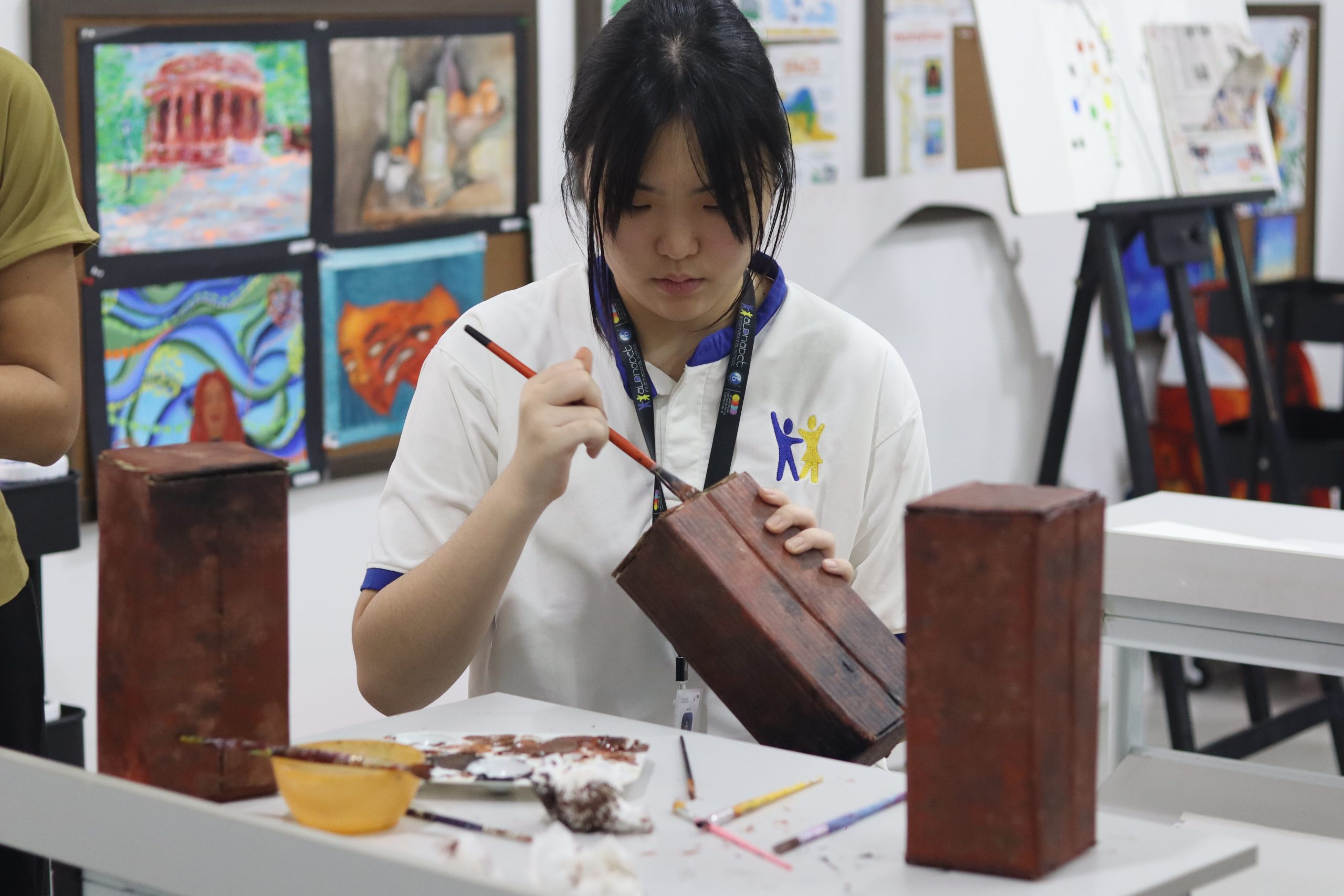
Why It Matters
So the next time you hear an IB word like agency or inquiry, know this: it’s not just fancy talk. It’s the core of how our students learn and thrive every day at aLphabet.
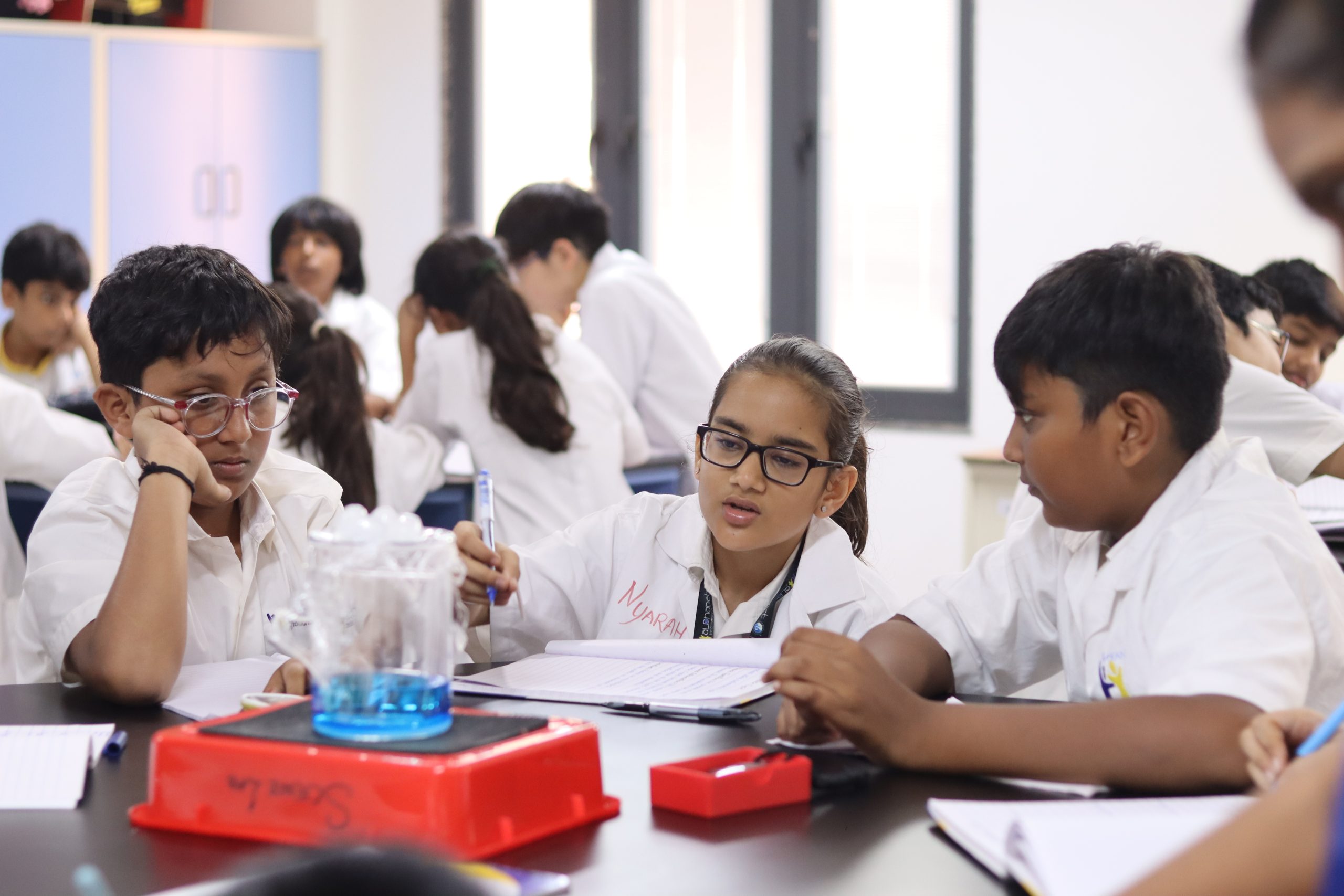
We believe schools should equip every child with more than just facts: the curiosity to explore, the confidence to act and the compassion to step into a complex world and make it better, one thoughtful action at a time.

